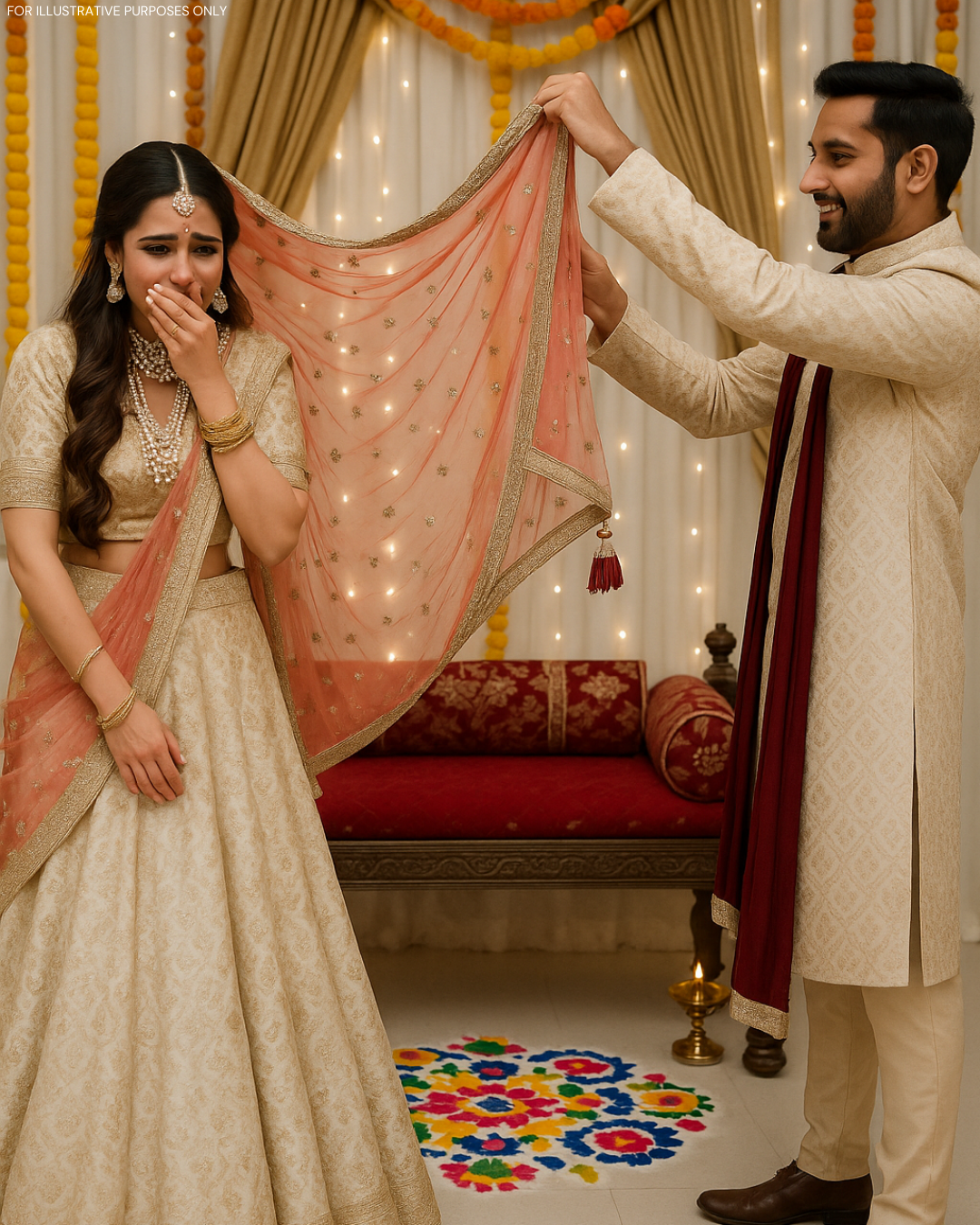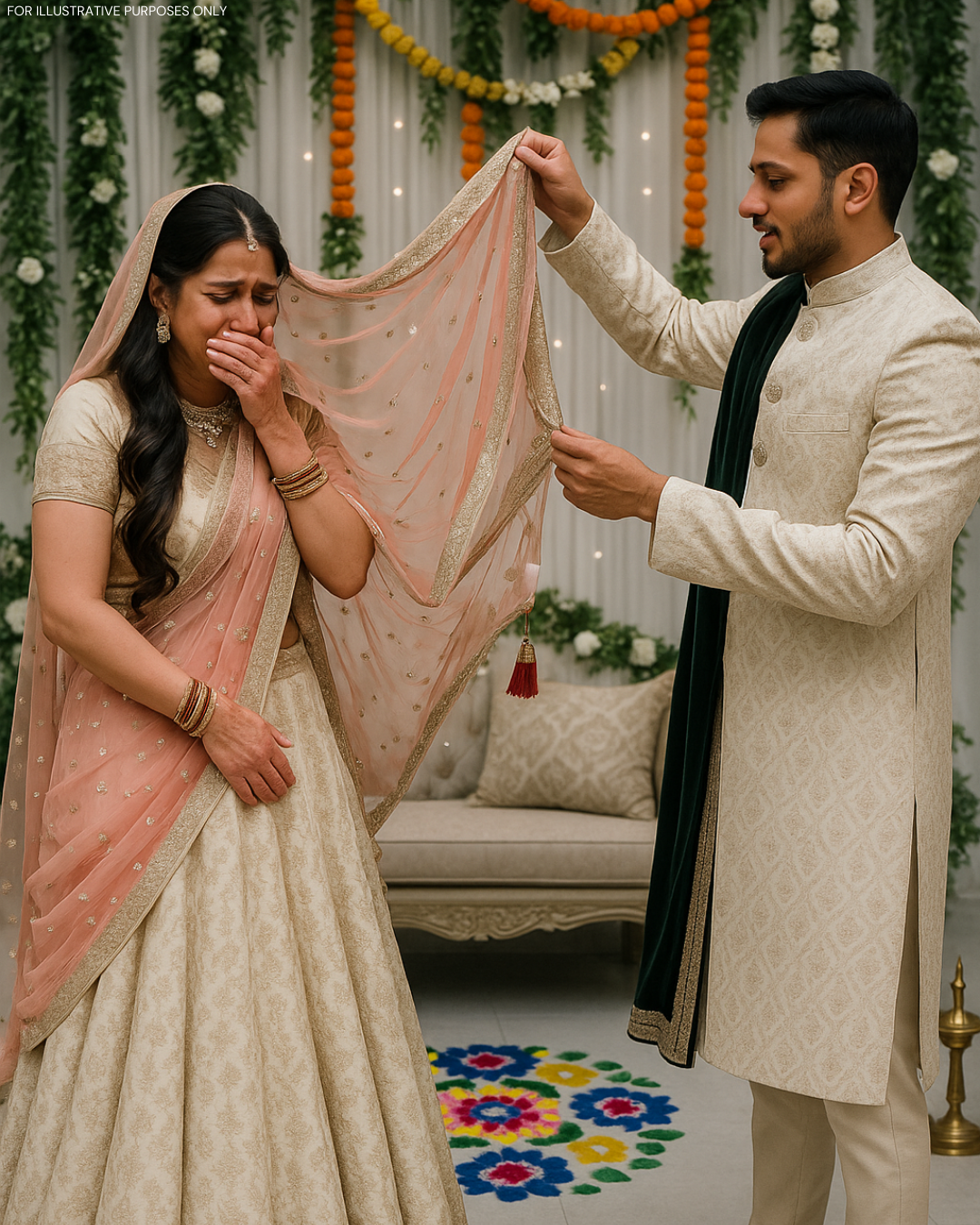
My name is Isla Moretti, and I turned thirty last autumn. For a long time, I believed my life would remain a solitary road, with no partner walking beside me. Three years ago, after an operation at St. Vincent’s Hospital in Milan, the surgeon sat down across from me, folded his hands, and told me gently but firmly:
“You won’t be able to have children, Miss Moretti. I’m sorry.”
That evening, my partner of five years—Leonardo—said nothing over dinner. The next morning, I received a single message from him:
“I can’t do this. Let’s end it.”
No explanations. No arguments. Just the final cut of a cord I thought was unbreakable.
Then, two winters later, Adrian Caldwell arrived.
He was the new regional director at our consulting firm in Florence—seven years older than me, with a quiet steadiness and a smile that carried a warmth most people can’t fake. I respected him immediately but kept my distance.
But he reached out first. On late nights when our office stayed lit long past dinner, he would appear at my desk with a steaming container of minestrone or a cup of thick hot chocolate dusted with cinnamon.
When he eventually asked me to dinner, I told him the truth before dessert. “Adrian,” I said, my voice low, “I can’t have children. Ever.”
He didn’t flinch. Instead, he placed his hand over mine and smiled.
“I know,” he said softly. “And it doesn’t change a thing.”
Months later, his family—led by his mother, Margaret Caldwell—came to my parents’ villa in Siena with flowers, a velvet box, and every sign of sincerity. No probing questions, no sideways glances. I thought I was dreaming. Perhaps fate had simply been running late for me.
Our wedding was small a candlelit gathering in a stone chapel overlooking the Arno River. I wore an ivory gown and kept my hand wrapped in his as the organ filled the space with music. When I looked into his eyes, I felt certain I was walking into the safest place I’d ever known.

That night, in our apartment near Piazza della Repubblica, I sat before the mirror, unpinning my veil and combing out my hair. Adrian came in, loosened his tie, and set his jacket over a chair. From behind me, he wrapped his arms around my shoulders, his chin resting lightly against my temple.
“Are you exhausted?” he murmured.
“A little,” I admitted, my heart racing for reasons I couldn’t name.
He took my hand and led me toward the bed. Then, he folded back the quilt. I froze.
Lying there, fast asleep, was a little boy—perhaps four years old—with sun-browned cheeks and a soft tumble of chestnut curls. His small fingers clutched a fraying plush rabbit, the kind a child refuses to let go of no matter how worn it becomes.
I turned to Adrian, my voice catching. “Who is…?”
He exhaled slowly, his eyes not leaving the child. “This is Lucas. My son.”
The room seemed to hold its breath.
“Years ago,” Adrian continued, “I was with a woman named Elena. She was brilliant, but her family was struggling. She left university to work two jobs while caring for her grandmother. When she became pregnant, she didn’t tell me. By the time I learned the truth, Lucas was two… and Elena had been k.ill.ed in a car accident.”
I could see the weight of those memories on his face.
“Since then, he’s been living with Elena’s grandmother in Marseille. But she passed away last month. I brought him home two days ago.” He looked straight at me now, his voice low but firm. “I didn’t tell you sooner because I was afraid you’d walk away. Isla… I don’t just want a wife. I want a mother for him. You don’t have to give birth to be one. You—just you—are enough for me.”
The words dissolved whatever walls I had left. My eyes burned. I sat down beside Lucas and brushed a lock of hair from his forehead. He stirred slightly, murmuring something in his sleep.
It took me a moment to realize what he’d whispered: “Mamma…”
The sound broke something open in me—something I thought had died the day the doctor gave me that verdict. My gaze met Adrian’s; he looked terrified, as though my next move would shatter his hopes entirely.
But I stayed. I leaned down, kissed the boy’s hair, and said quietly, “Yes… from now on, you have a mother.”

Adrian’s relief came like a storm breaking—he pulled me into his arms and held me as if letting go was not an option. Outside, Florence lay still under a silvered moon, the rooftops glowing faintly in its light.
That night, I understood something I never had before: motherhood is not defined by biology, but by the love you choose to give. I could not create life, but I could nurture it. And in that choice, I found a happiness far greater than I’d imagined.
